A bathroom is more than just a utilitarian space; it is a sanctuary where we unwind, rejuvenate, and start our day on a positive note. And when it comes to designing a bathroom, every element needs to be carefully considered. One such essential element is the choice of flooring, and in this article, we will explore the world of bathroom floor ceramic tiles. From their various types and styles to their benefits and maintenance, we will cover everything you need to know to make an informed decision and create a stunning bathroom retreat. Section 1: Understanding Bathroom Floor Ceramic Tiles Ceramic tiles are a popular choice for bathroom flooring due to their impressive durability, versatility, and aesthetic appeal.
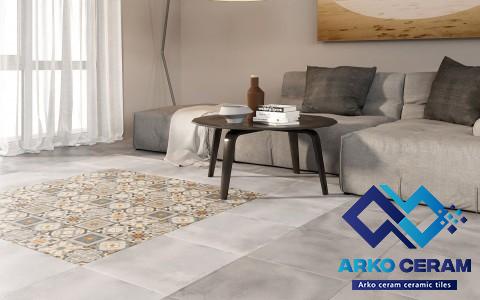
.
 They are made from a mixture of clay, minerals, and water, which undergoes a firing process to create a hard and durable product. Here are the different types of ceramic tiles that you can consider for your bathroom floor: 1.1 Porcelain Tiles: Porcelain tiles are a type of ceramic tile that is known for its water resistance and durability. These tiles are fired at incredibly high temperatures, making them denser and less porous than standard ceramic tiles. With their low water absorption rate, porcelain tiles are an excellent choice for bathrooms, where moisture is a constant challenge.
They are made from a mixture of clay, minerals, and water, which undergoes a firing process to create a hard and durable product. Here are the different types of ceramic tiles that you can consider for your bathroom floor: 1.1 Porcelain Tiles: Porcelain tiles are a type of ceramic tile that is known for its water resistance and durability. These tiles are fired at incredibly high temperatures, making them denser and less porous than standard ceramic tiles. With their low water absorption rate, porcelain tiles are an excellent choice for bathrooms, where moisture is a constant challenge.
..
 1.2 Glazed Tiles: Glazed ceramic tiles have a protective layer of glass-like coating applied to the surface. This layer not only enhances the visual appeal but also adds an extra layer of protection against stains, scratches, and water damage. The glazing process also allows for a wide range of color and pattern options, making it easier to incorporate your personal style into your bathroom design. 1.3 Non-Glazed Tiles: Non-glazed ceramic tiles, also known as unglazed tiles, do not have the protective glaze layer applied. These tiles offer a more natural and earthy look, often chosen for a rustic or industrial design aesthetic. While they may require more maintenance and sealing, non-glazed tiles provide a higher slip resistance, making them ideal for bathroom floors where safety is a priority.
1.2 Glazed Tiles: Glazed ceramic tiles have a protective layer of glass-like coating applied to the surface. This layer not only enhances the visual appeal but also adds an extra layer of protection against stains, scratches, and water damage. The glazing process also allows for a wide range of color and pattern options, making it easier to incorporate your personal style into your bathroom design. 1.3 Non-Glazed Tiles: Non-glazed ceramic tiles, also known as unglazed tiles, do not have the protective glaze layer applied. These tiles offer a more natural and earthy look, often chosen for a rustic or industrial design aesthetic. While they may require more maintenance and sealing, non-glazed tiles provide a higher slip resistance, making them ideal for bathroom floors where safety is a priority.
…
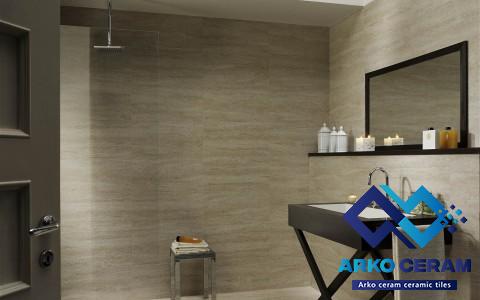 Section 2: Benefits of Using Ceramic Tiles in Your Bathroom 2.1 Durability: One of the primary advantages of using ceramic tiles in your bathroom is their exceptional durability. They can withstand heavy foot traffic, moisture, and temperature variations without losing their structural integrity. This longevity ensures that your bathroom floor will maintain its beauty for years to come, making ceramic tiles a cost-effective investment. 2.2 Water Resistance: Bathrooms are high-moisture areas, and ceramic tiles are designed to withstand this constant exposure to water. The low water absorption rate of porcelain tiles and the protective glaze of glazed tiles make them resistant to water damage, preventing the growth of mold and mildew. This water resistance also makes ceramic tiles easy to clean and maintain, ensuring a hygienic and healthy bathroom environment.
Section 2: Benefits of Using Ceramic Tiles in Your Bathroom 2.1 Durability: One of the primary advantages of using ceramic tiles in your bathroom is their exceptional durability. They can withstand heavy foot traffic, moisture, and temperature variations without losing their structural integrity. This longevity ensures that your bathroom floor will maintain its beauty for years to come, making ceramic tiles a cost-effective investment. 2.2 Water Resistance: Bathrooms are high-moisture areas, and ceramic tiles are designed to withstand this constant exposure to water. The low water absorption rate of porcelain tiles and the protective glaze of glazed tiles make them resistant to water damage, preventing the growth of mold and mildew. This water resistance also makes ceramic tiles easy to clean and maintain, ensuring a hygienic and healthy bathroom environment.

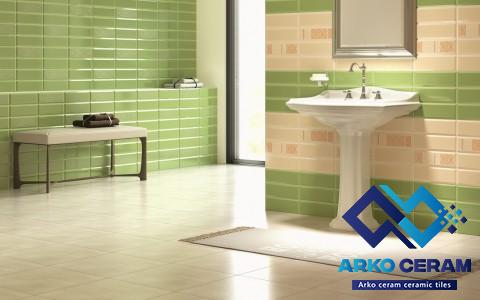
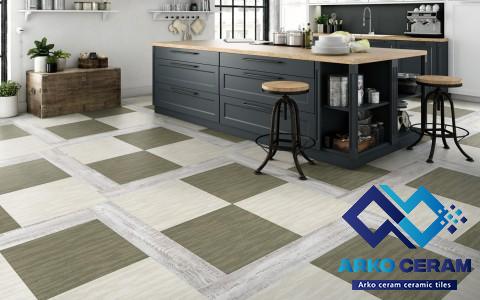
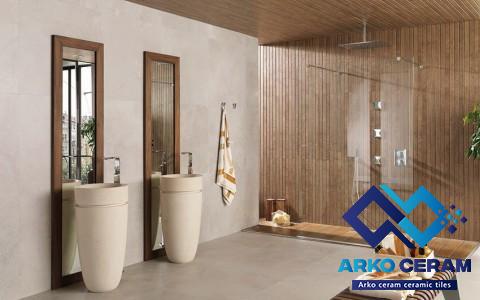
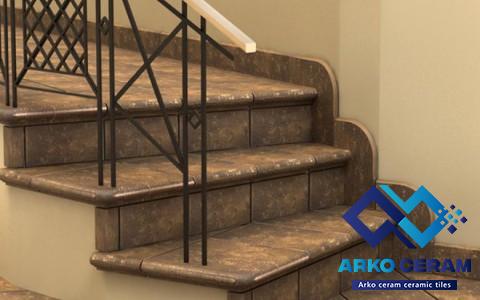
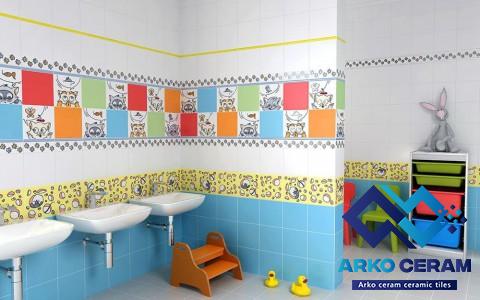
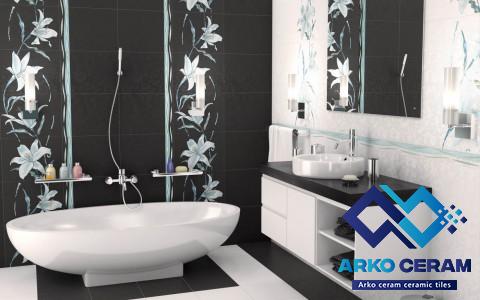

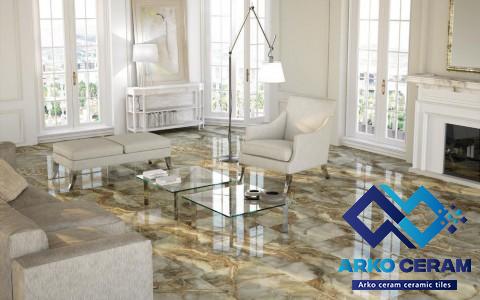

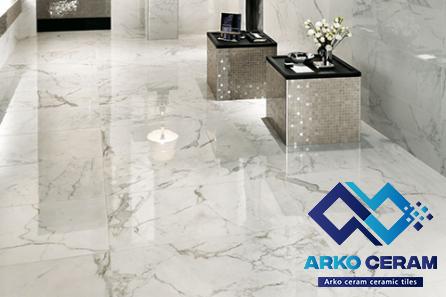
Your comment submitted.